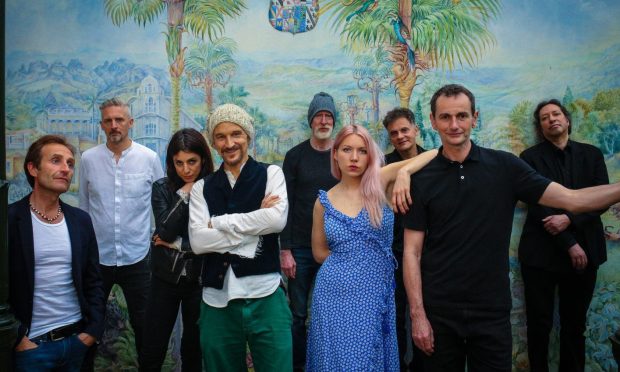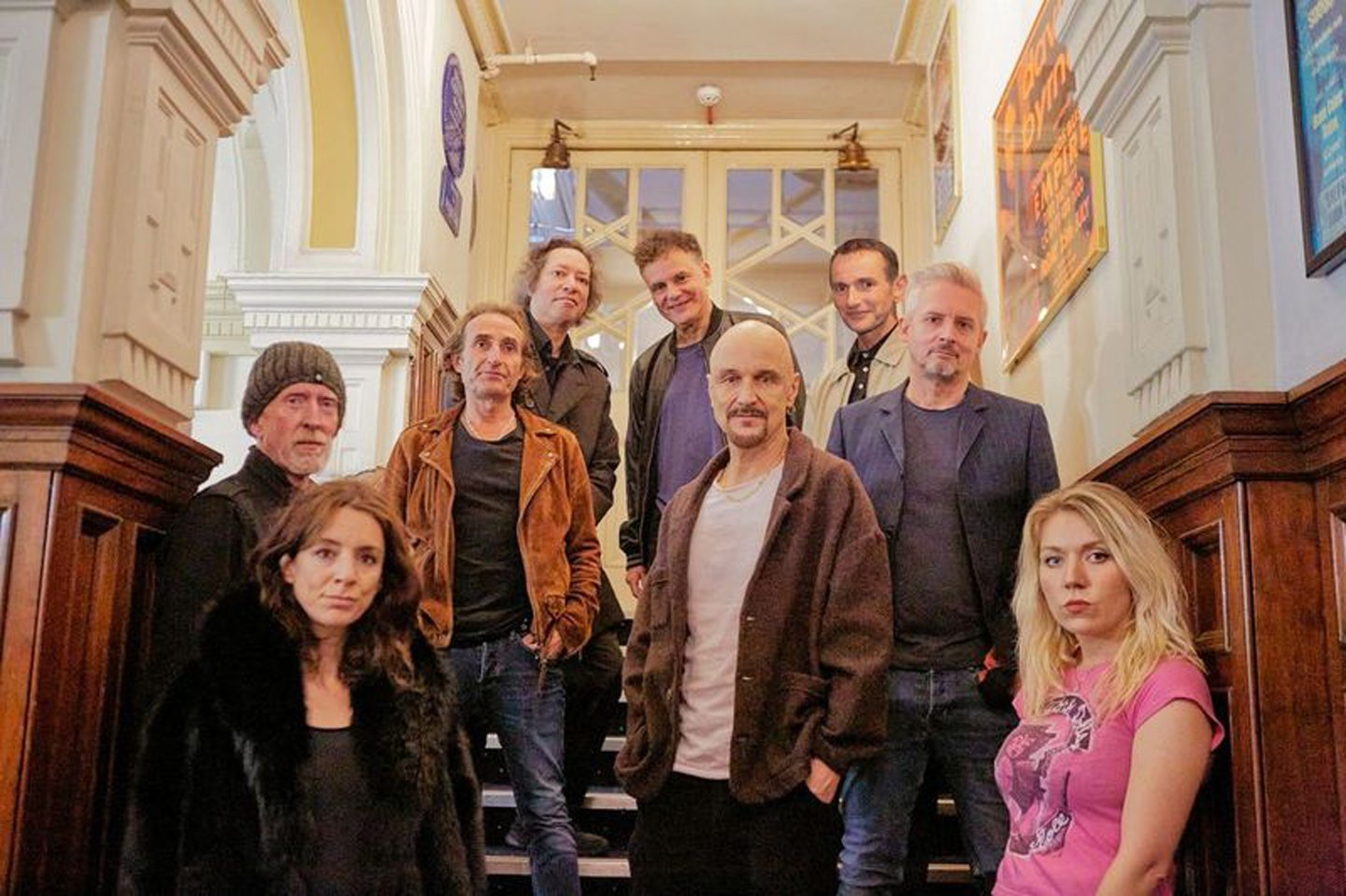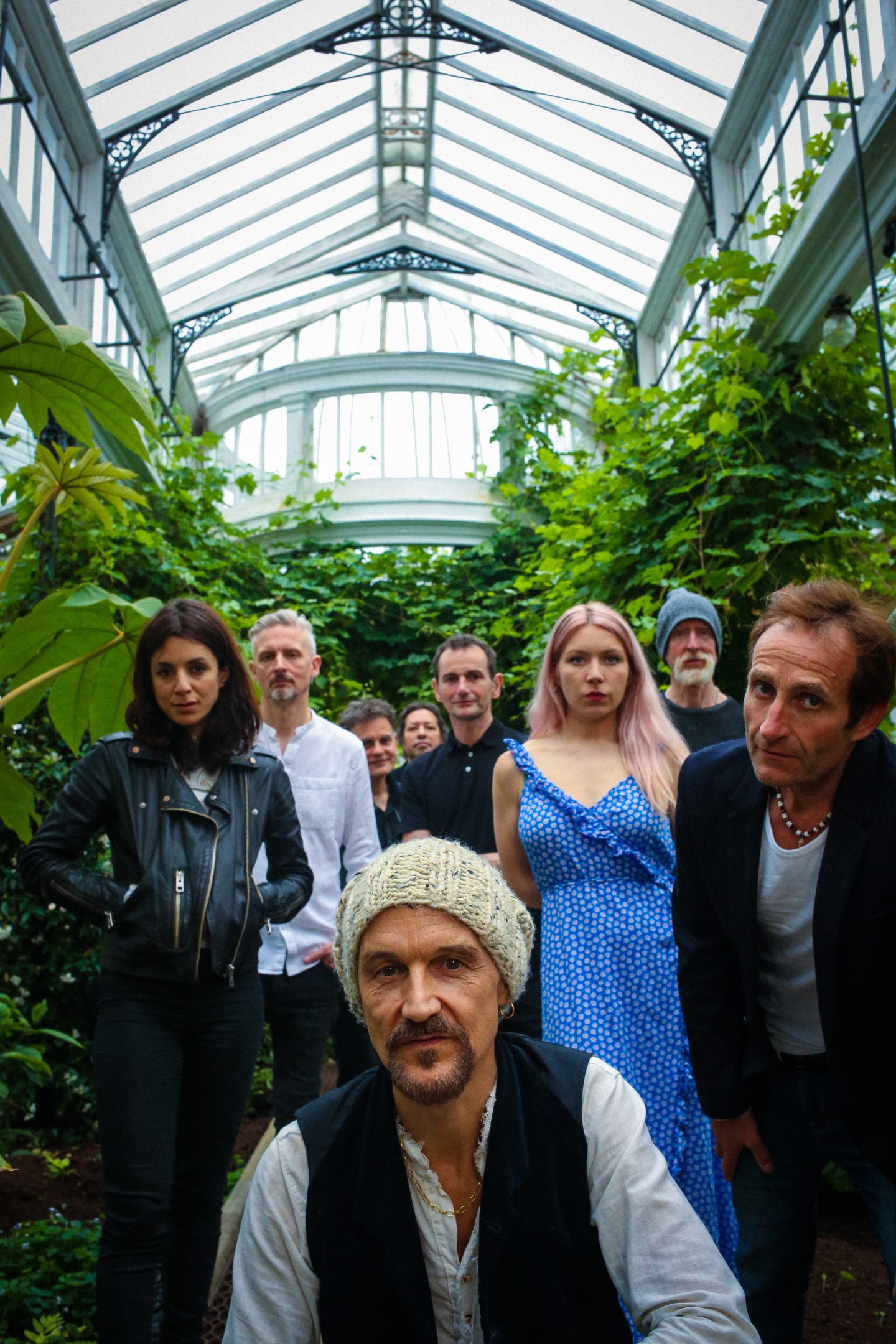Legendary James founding member Jim Glennie left the hustle and bustle of Manchester for the Scottish Highlands at the height of the band’s fame.
As James racked up hit after hit and toured the world Jim’s thoughts turned to a more simpler time when he holidayed as a child in the Highlands.
And as his band-mates all left Manchester he decided to take the leap by moving to North-west coast of Scotland.
Fast forward more than two decades and Jim’s love affair with the area has not diminished.
He finds the tranquility and beauty to be akin to therapy, saying “grief, hassle and chaos” melt away when he is amidst the lochs and mountains.
Now Jim will play in the area close to his heart when James headline the Hebridean Celtic Festival (HebCelt) on Friday.
Based near Ullapool the Lewis festival is only a ferry ride away for Jim.
He said: “I have lived for a long time on the North-West coast of Scotland, just north of Ullapool.
“I got the house in 2000 and it is amazing here.
“The town, people, the beauty of the mountains, the quiet – it is an antidote to everything.
“It’s like therapy.
“Whatever grief, hassle and chaos I have been through all melts away when I drive back home beside the lochs and mountains.
“I can never get bored of it. It is stunning here.”
Falling in love with the Highlands
When Jim moved to the North-west coast James were riding high on the success of hit album Millionaires.
It peaked at number two in the album charts and hit gold status.
Millionaires was the latest hit in a career that would yield 25 million album sales.
James also racked up massive smash singles with classics such as Come Home, Sit Down and Laid.
However they would split in 2001.
After a six year hiatus they reformed and the second incarnation of James are still going strong and releasing fresh, vibrant material.
Jim said: “I fell in love with the Highlands as a kid when going up on holiday with my mum and dad.
“Then I started going on holiday there all the time as an adult and started to think I could live here.
“Everyone was peeling away from Manchester.
“Originally we were all in Manchester but one by one they all disappeared until there was only me left.
“Initially I moved to the Lake District as a half-way house as I thought ‘what if I leave Manchester and terrible things happen?
“And they didn’t.
“I was in the Lake District for a year before moving to the Highlands.
“I absolutely loved it then, and still do.”
‘Playing HebCeltic is great as I just get the ferry across from Ullapool’
James will headline the main stage at HebCelt on Friday with Kinnaris Quartet, Elles Bailey and The Lucky Doves also playing earlier that day.
HebCelt runs from Thursday July 18 to Saturday July 20 across three stages.
Skippinish headline the Main Stage on Thursday with Del Amitri closing the festival with a headline slot on Saturday.
Jim said: “People in Scotland love us, they get us and there has always been that connection.
“Playing HebCelt is brilliant for me as I just get the ferry across from Ullapool.
“It’ll be the closest I’ve ever lived to a James gig for a long time.
“Scotland has always been tremendously supportive of James.
“Even when we were struggling with the music industry early on and they couldn’t find a place for us for a while.
“So we just played gigs.
“Scottish audiences supported us at a time when we needed it most.
“When the industry was ignoring us and we were trying to find a little bit of self confidence and belief.
“It is those shows that really do fuel you.”
‘We struggled for a lot of years’
James recently enjoyed a number one hit when new album Yummy stormed to the top of the charts.
The band’s 18th studio album Yummy was produced by Leo Abrahams (Brian Eno, Jarvis Cocker, Jon Hopkins, Imogen Heap, Regina Spektor).
Formed in 1982 the band were one of the biggest UK band in the nineties.
However it was a slow burn to success.
Jim said: “We struggled for a lot of years.
“It was hard because you think are we going to ever get a foothold?
“But every time we played a gig more people came and they loved it.
“We were left to our own devices.
“Back in the day if you didn’t go to London they left you alone which was not necessarily a bad thing.
“Being stuck in a dark, dingy rehearsal room somewhere for a couple of years crafting your art.
“We had the time to grow and not rushed to success.
“Instead we could develop who we are as a band, our character and the songs.
“To focus on what’s important which is getting the music right.”





Conversation